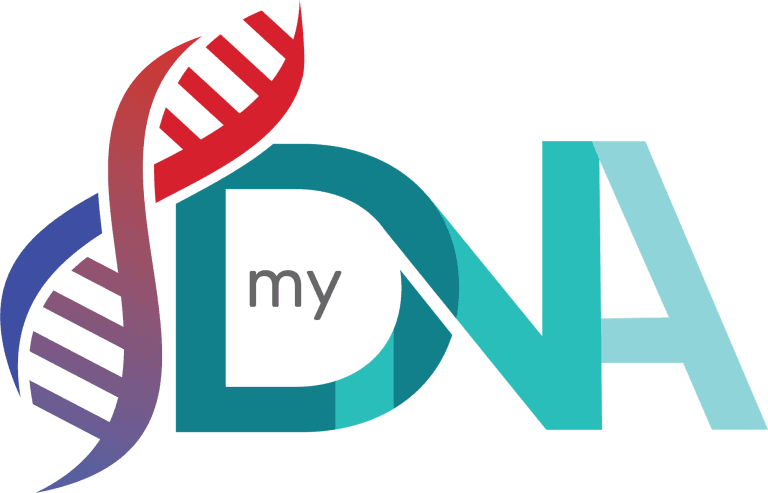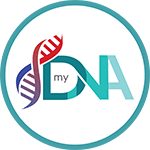Personalised health is becoming increasingly popular with the rise of home-based DNA testing kits. These kits allow individuals to uncover valuable insights about their genetic makeup and make informed decisions about their health. However, concerns have been raised about the accuracy and privacy of these tests. In a related article, ” Home-Based DNA Testing: Singapore MOH’s Concerns & How Genoplan Addresses Them”, the privacy considerations of DNA testing are explored in depth. Read more here.
FAQs
What is personalised health?
Personalised health, also known as precision medicine, is an approach to healthcare that takes into account individual differences in genetics, environment, and lifestyle. It aims to tailor medical treatment and prevention strategies to the unique characteristics of each person.
How does personalised health work?
Personalised health uses advanced technologies such as genetic testing, molecular profiling, and data analytics to understand an individual’s specific health needs. This information is then used to create personalised treatment plans and interventions.
What are the benefits of personalised health?
Some of the benefits of personalised health include more effective and targeted treatments, reduced side effects from medications, better disease prevention strategies, and improved patient outcomes. It also has the potential to lower healthcare costs by avoiding unnecessary treatments and interventions.
Is personalised health widely available?
While personalised health is a rapidly growing field, it is not yet widely available to all patients. Access to personalised health services may depend on factors such as geographic location, healthcare provider, and insurance coverage.
Are there any ethical considerations with personalised health?
Ethical considerations in personalised health include issues related to privacy and data security, informed consent for genetic testing, and potential disparities in access to personalised health services. It is important for healthcare providers and policymakers to address these ethical concerns as personalised health becomes more widespread.





